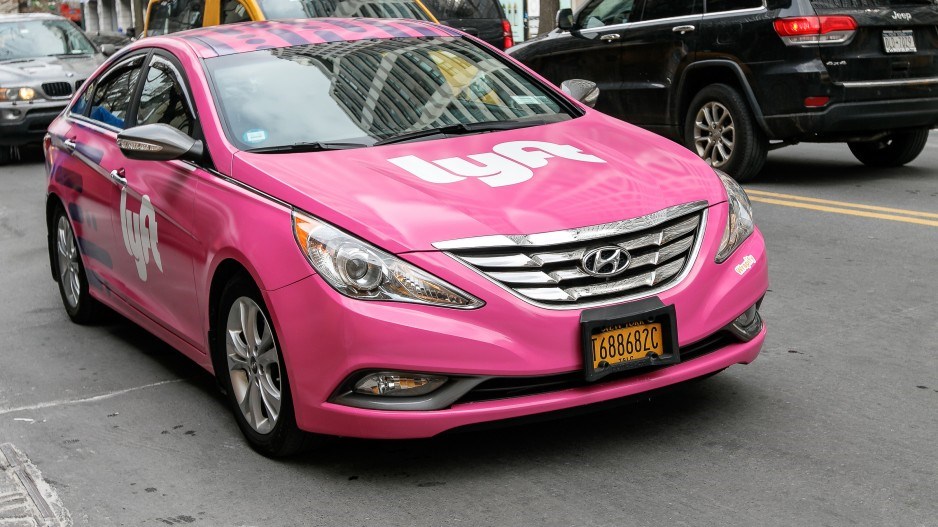Lyft made its international debut this week in Toronto, launching ride-hailing services outside the U.S. for the first time.
And despite uncertainty about when or if ride-hailing services will be allowed in B.C., Lyft has already begun outreach to stakeholders in Vancouver.
“[We] see a lot of opportunity once there are regulations in place that would allow us to operate,” Chelsea Wilson, Lyft senior policy communications manager, told Business In Vancouver.
Wilson said choosing Toronto made sense, due to its size and existing regulatory framework.
In October, the BC NDP backtracked on a campaign promise to introduce ride-hailing services like Uber and Lyft by the end of the year.
Instead, Transportation Minister Claire Trevena ordered an expert review of ride-hailing services and the taxi industry, expected to be completed in early 2018.
“Every party campaigned on a platform that said, ‘Bring ride-sharing in by the end of this year.’ That’s been pushed a little bit but it seems that there’s still an interest and intent to fulfill that promise,” Uber Canada public policy manager Michael van Hemmen told Business In Vancouver on Roundhouse 98.3 last month.
When asked if Uber Canada has engaged stakeholders from B.C.’s taxi industry, van Hemmen said “for sure.”
Despite no existing regulatory framework for ride-hailing services, Uber is laying the groundwork for expanding its brand in the city.
Earlier this month it launched its food-delivery service, UberEATS, in select Vancouver neighbourhoods.
The launch of the delivery service allows Uber to recruit potential drivers to transport food before regulations are introduced to transport people.
Meanwhile, there was tangible evidence of Torontonians’ interest in Lyft prior to the company’s launch in that market.
Between January and November, 50,000 people within the Greater Toronto Area had downloaded the Lyft app.
“We knew we were entering a market where there was a strong base of demand already,” Wilson said




